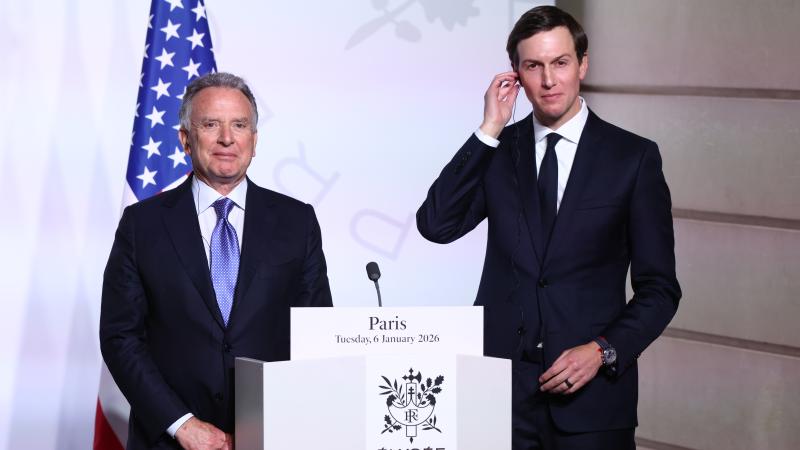'Litany of loopholes': Carbon cutters, fossil-fuel advocates win and lose in climate summit takeaway
To reach consensus, delegates weakened the language in the accord and delayed decision making in key areas
Representatives from nearly 200 countries in Dubai on Wednesday agreed – in principle – that the world should “move away” from fossil fuel use, though with an array of special carve-outs and caveats it was not clear how to gauge the impacts of the agreement.
But to reach consensus, delegates weakened the language in the accord and delayed decision making in key areas.
The 28th edition of the United Nations big climate change summit, officially known as COP-28, was the first time a U.N. agreement focused on the actions scientists say cause climate change.
“This is the beginning of the end” of the fossil fuel era, Simon Stiell, the U.N.’s top climate change official said Wednesday.
There was controversy in the final days of the summit, when it was revealed that the head of The Organization of Petroleum Exporting Countries, or OPEC, instructed its member states to shoot down specific wording in the agreement that would have called for a broad “phasing out” of fossil fuels.
Instead, the deal calls for the world to start a vague “transition away from” fossil fuels, though it does call for a phase out of “unabated” coal power (though not for petroleum or natural gas).
This year’s conference is the second of at least three consecutive ones to be held in major fossil fuel producing countries.
Last year, the conference was held in Egypt, an OPEC observer state.
Announced this week, was that next year’s summit will be held in Azerbaijan, a member of OPEC+ (a group which includes non-OPEC members that broadly follow the organization’s guidelines). This year’s host, the United Arab Emirates, has been a full member of OPEC for over 50 years.
At the conclusion of the talks, John Kerry, the White House’s climate envoy and the 2004 Democratic presidential nominee, said the agreement “sends a very strong message to the world.”
But not everyone agreed.
The conference closed a day later than scheduled, with delegates working through two consecutive nights to reach agreement on the final text. In the end, the compromises required to reach a deal left all sides at least partially unsatisfied.
Exceptions were carved out to leave fuels used to produce plastics and other industrial areas, countries are permitted to take steps at their own pace with economic development factors added into the equation, and some energy-intensive sectors will be allowed to rely on largely unproven technologies to reach their goals.
Details defining the broad strokes of the accord will have to be agreed on in the future, and, as with most international agreements, enforcement is a grey area.
Anne Rasmussen, from the Alliance of Small Island States, said the agreement was a “litany of loopholes” that could “take us backward rather than forward.”
She criticized the leadership of Sultan Al Jaber, president of COP-28, who is also CEO of the Abu Dhabi National Oil Company. That means he presided over negotiations that sought to regulate the conglomerate he heads.
Al Jaber was not the only one with apparent conflicts on climate and energy. U.S. oil production reached record levels this year, topping 13 million barrels a day and reinforcing the country’s position as the world’s top producer. As such, any U.S. effort to reduce production will have an over-sized impact on the U.S. economy.
In that context, the Biden administration has sought to increase oil production to keep gas prices low ahead of next year’s election at the same time it accelerates the country’s transition toward renewable energy.
The Facts Inside Our Reporter's Notebook
Links
- beginning of the end
- instructed its member states
- next yearâs summit will be held in Azerbaijan
- sends a very strong message to the world
- economic development factors
- unproven technologies
- enforcement
- litany of loopholes
- CEO of the Abu Dhabi National Oil Company
- record levels this year
- accelerates the countryâs transition toward renewable energy















